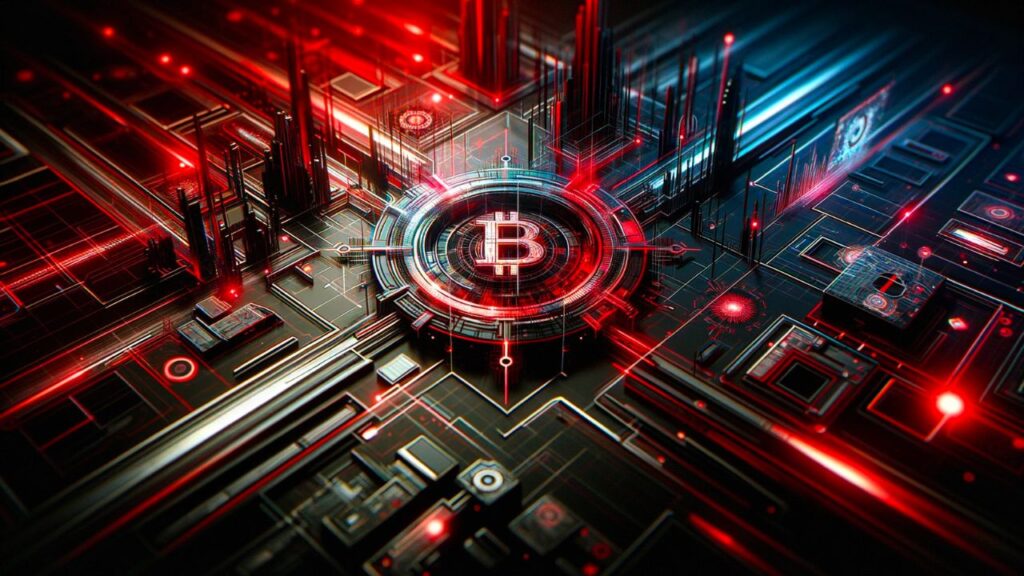
TL;DR: Recent incidents involving major Bitcoin mining pools rejecting certain transactions have raised concerns over Bitcoin’s touted censorship resistance. This article explains what censorship resistance means, the different ways governments and powerful actors could attempt to censor Bitcoin, and how the community can prevent this from happening.
The Power to Censor: Threats to Bitcoin’s Censorship Resistance
Bitcoin’s censorship resistance – its ability to process all transactions according to the blockchain’s rules regardless of sender, recipient or purpose – is fundamental to its value proposition and decentralization. However, it also means illicit transactions generally can’t be blocked, concerning some. Supporters counter that any power to censor transactions for a few could be abused to censor anyone’s transactions. This slope has already been slipped down in the traditional financial system with central bank digital currencies enabling unprecedented financial surveillance and control.
Threats Emerging
Concerns around Bitcoin censorship resistance reemerged in November 2021 when the US Treasury sanctioned several Bitcoin wallet addresses, forbidding US entities from transacting with them. While technically only applicable in the US, international Bitcoin miners processing these transactions could face scrutiny or sanctions too. This is because transactions must be verified by Bitcoin nodes before miners add them to blocks – nodes could theoretically block sanctioned wallets.
Initially no miners did this. However, in June 2022 one of the largest mining pools, F2Pool, was found censoring OFAC-sanctioned wallets before quickly backtracking after community backlash. This has rung alarm bells given over 50% of Bitcoin’s hashrate lies with just two Chinese pools. If they colluded, they could potentially manipulate transactions. However, miners can easily switch pools if dissatisfied with their policies – still, the precedent is concerning.
Censorship Could Penetrate Deeper
But threats to Bitcoin’s censorship resistance go beyond just mining pools. Exchanges have frozen protestors’ donations, some hardware wallet manufacturers have introduced identity-linking features, and Bitcoin’s Lightning Network relies largely on a handful of centralized payment channels.
Most disturbingly, major asset managers like BlackRock now hold significant equity stakes in publicly traded Bitcoin mining companies. They could leverage this for influence – contract clauses suggest they may one day even decide which Bitcoin fork survives. With capitalists now heavily invested, Bitcoin isn’t fully decentralized as some assume.
However, there remain millions of miners globally who likely will continue processing all transactions. While unconfirmed, some have speculated that investment from cryptography leaders into new mining pools offering non-custodial rewards could also protect against censorship influence through promoting further decentralization. For example, Jack Dorsey’s Block recently funded the launch of OCEAN, a decentralized BTC mining pool, to counter mining centralization. Ultimately, so long as alternatives like OCEAN exist that align with Bitcoin’s censorship-resistant ethos, miners dissatisfied with censorship policies would have options to switch to.
The Few Who Make the Machines
But Bitcoin’s base layer too faces threats with Bitmain, creator of nearly 80% of Bitcoin miners, reportedly struggling financially. Major asset managers rushing to back its long-planned IPO could demand compliance with OFAC, ESG initiatives and more in return.
Yet Bitmain doesn’t control all mining hardware production, so provided decentralized alternatives continue receiving community support, Bitcoin’s censorship resistance should persist. And that’s what it comes down to – an engaged community committed to upholding Bitcoin’s core values against corporate and state incursion. Satoshi’s gift was a new backbone for money; it’s up to us to keep it unbroken.
Thank you for reading “Understanding Bitcoin’s Censorship Resistance“.
- Subscribe to our newsletter: ConsensusProtocol.org
- Follow us on Twitter: @ConsensusPro




